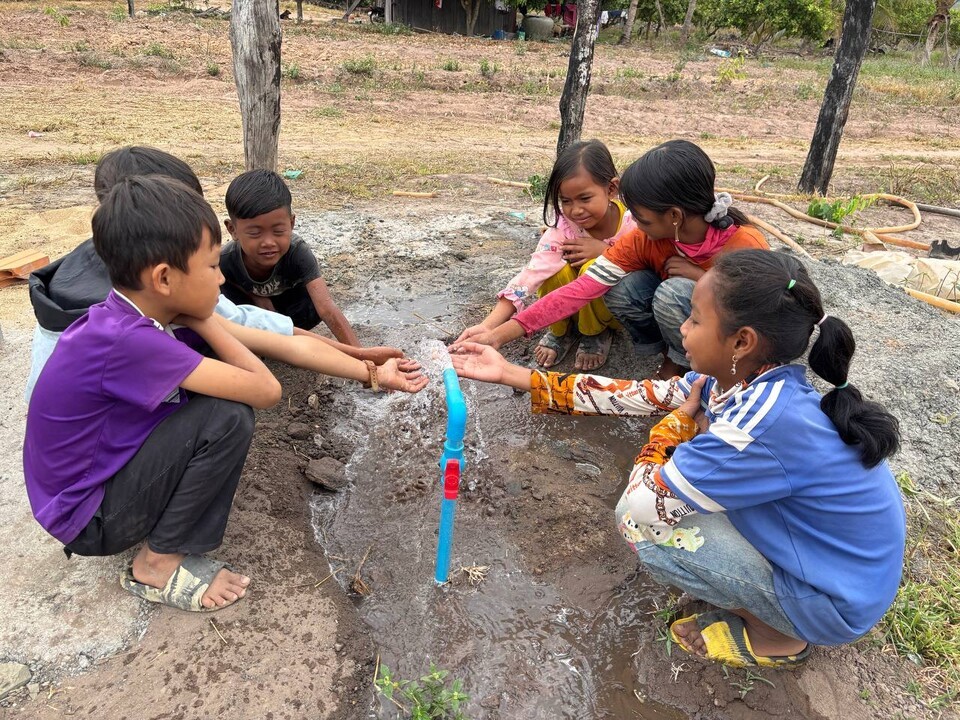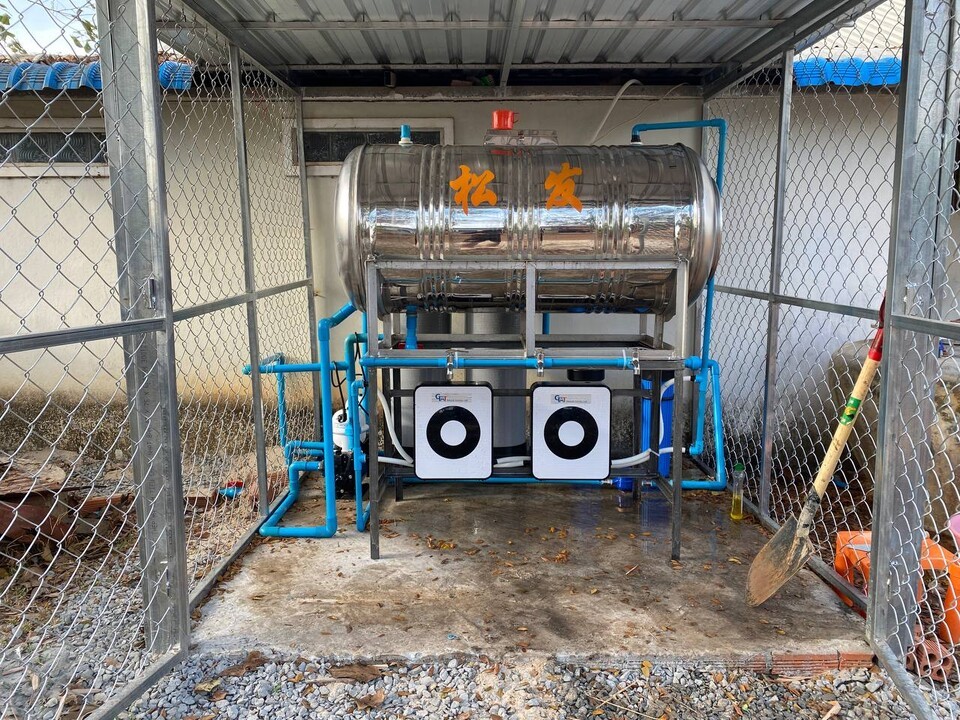March 22nd is designated as ‘World Water Day’ every year. It is a day established by the UN to raise awareness about the worsening water shortage issue due to population growth and industrial activities leading to intensified water pollution globally. Particularly, with recent droughts and abnormal climate phenomena due to climate change, the water shortage problem is becoming increasingly severe.

International relief and development NGO, World Share, is supporting people in water-scarce countries through its water sanitation campaign ‘Water Share’ to enable them to use clean and safe water. Last year, World Share installed a total of 51 water sources and sanitation facilities in regions with limited access to drinking water, such as Nepal, Uganda, Cambodia, and the Philippines, providing clean water to 12,844 children.
This year, World Share focuses beyond simple well construction on sustainable water management. They plan to regularly monitor existing wells in Cambodia and Tanzania, replacing pumps and filters, and maintaining water purification systems to ensure continued access to healthy water.

Lee Byung-hee, Team Leader of Regional Development Project Team 1 of World Share’s International Business Department, stated, “World Share plans to advance beyond providing wells to continuously manage and monitor the existing wells, as well as repair purification systems by replacing pumps and filters, to gift children with safe water.”
Since 2009, World Share has supplied clean water through 567 wells to about 200,000 people worldwide. Currently, they are conducting a variety of relief activities such as operating children’s group homes, overseas child sponsorship, medical support, free meal services in over 20 countries globally, and are also supporting health checks at rural health centers and schools abroad.
As sustainable water management emerges as a crucial challenge, World Share’s water improvement program is being watched as a potential practical solution to enhance the health and quality of life in water-scarce countries.